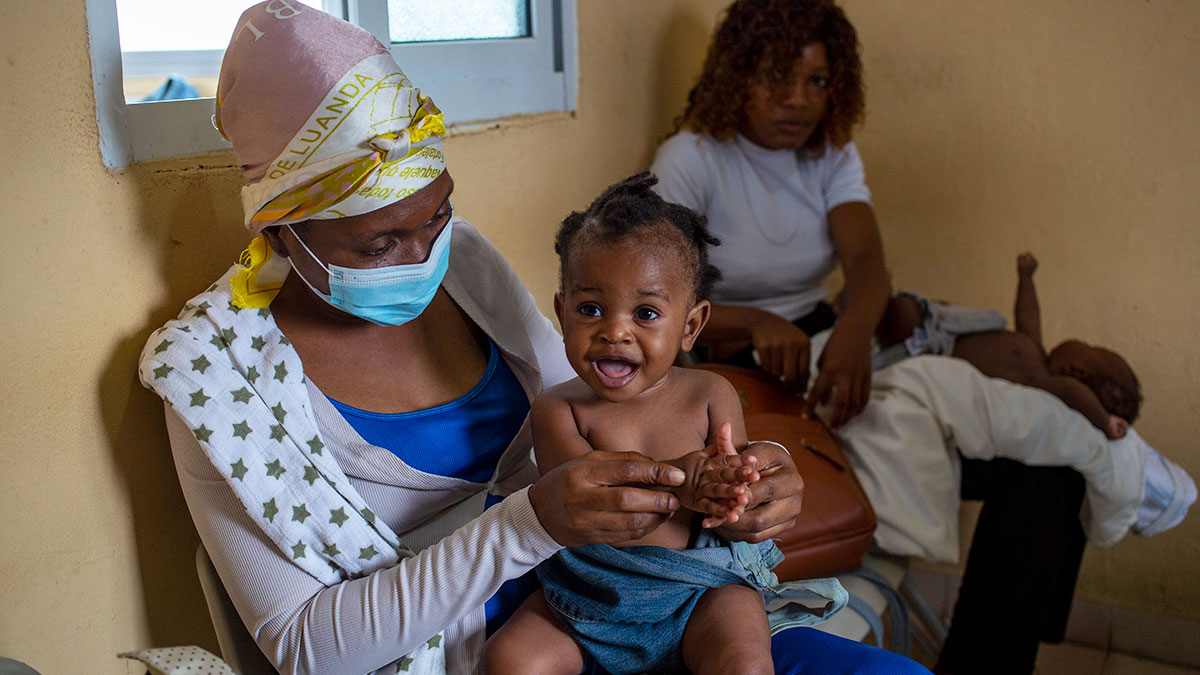Key points
- Rubella is a leading cause of vaccine-preventable birth defects (known as congenital rubella syndrome).
- One dose of rubella vaccine provides lifelong protection.
Overview

Rubella is a vaccine-preventable disease caused by a virus that is transmitted from person to person.
Rubella vaccines are safe and effective and have been used since the 1960s. One dose provides lifelong protection.
While rubella is preventable, nearly 25 million infants around the world lack access to rubella vaccines. In 2019, an estimated 32,000 infants were born with congenital rubella syndrome (CRS).
Health impacts
Rubella can cause serious birth defects and death.
CRS can cause:
- hearing impairment
- cataracts or glaucoma
- heart defects
- development delays
Rubella infection in pregnancy can also cause miscarriage or stillbirth.
Best practices
National vaccination programs can prevent rubella and CRS.
The World Health Organization recommends that all countries include rubella vaccines in their national immunization programs.
Since 2000, the number of children born with CRS has declined by over 70%. However, infants are still born with CRS. The overwhelming majority of these children live in countries that have not yet introduced rubella vaccine into their national programs.
To prevent rubella infections and CRS, all children need access to rubella vaccines.
